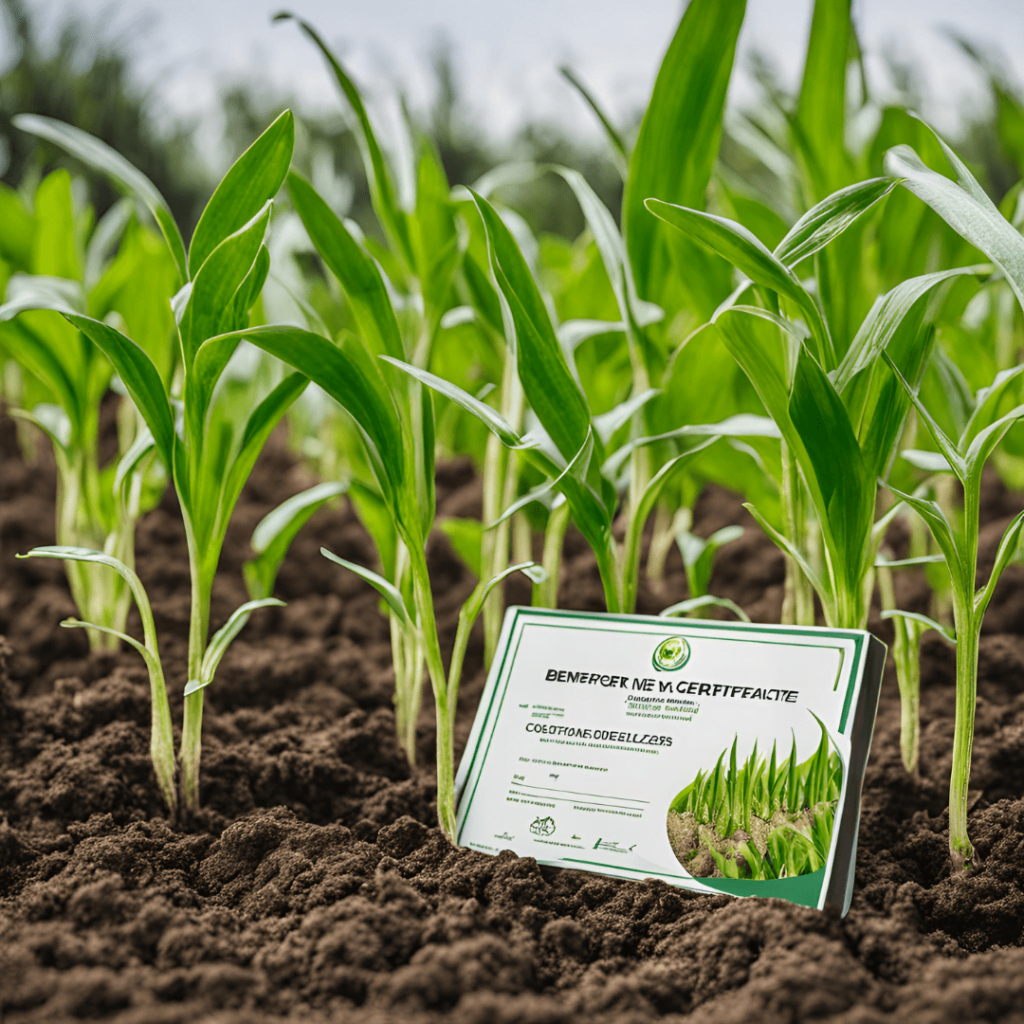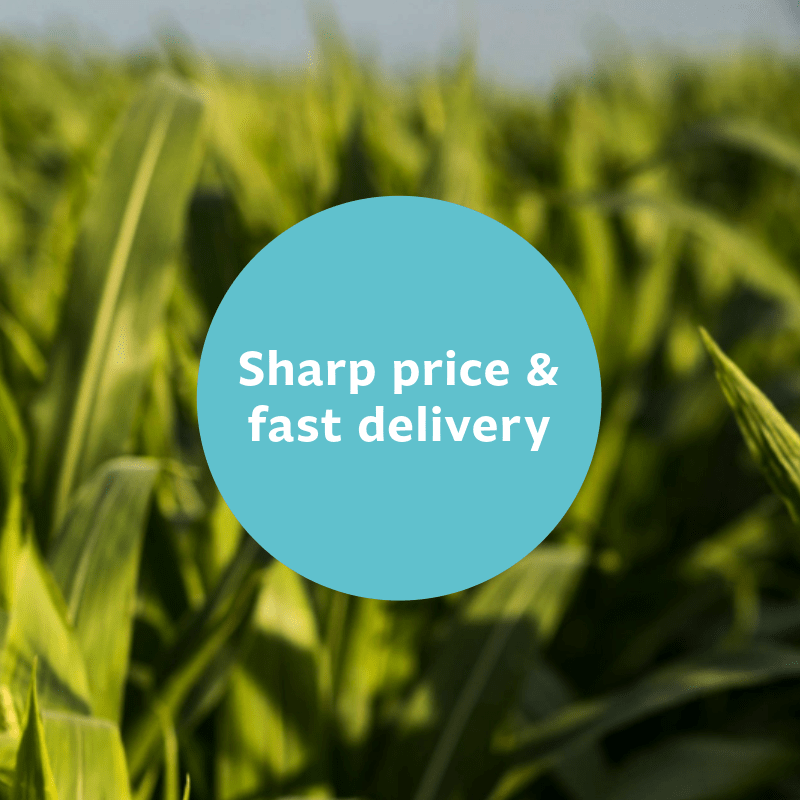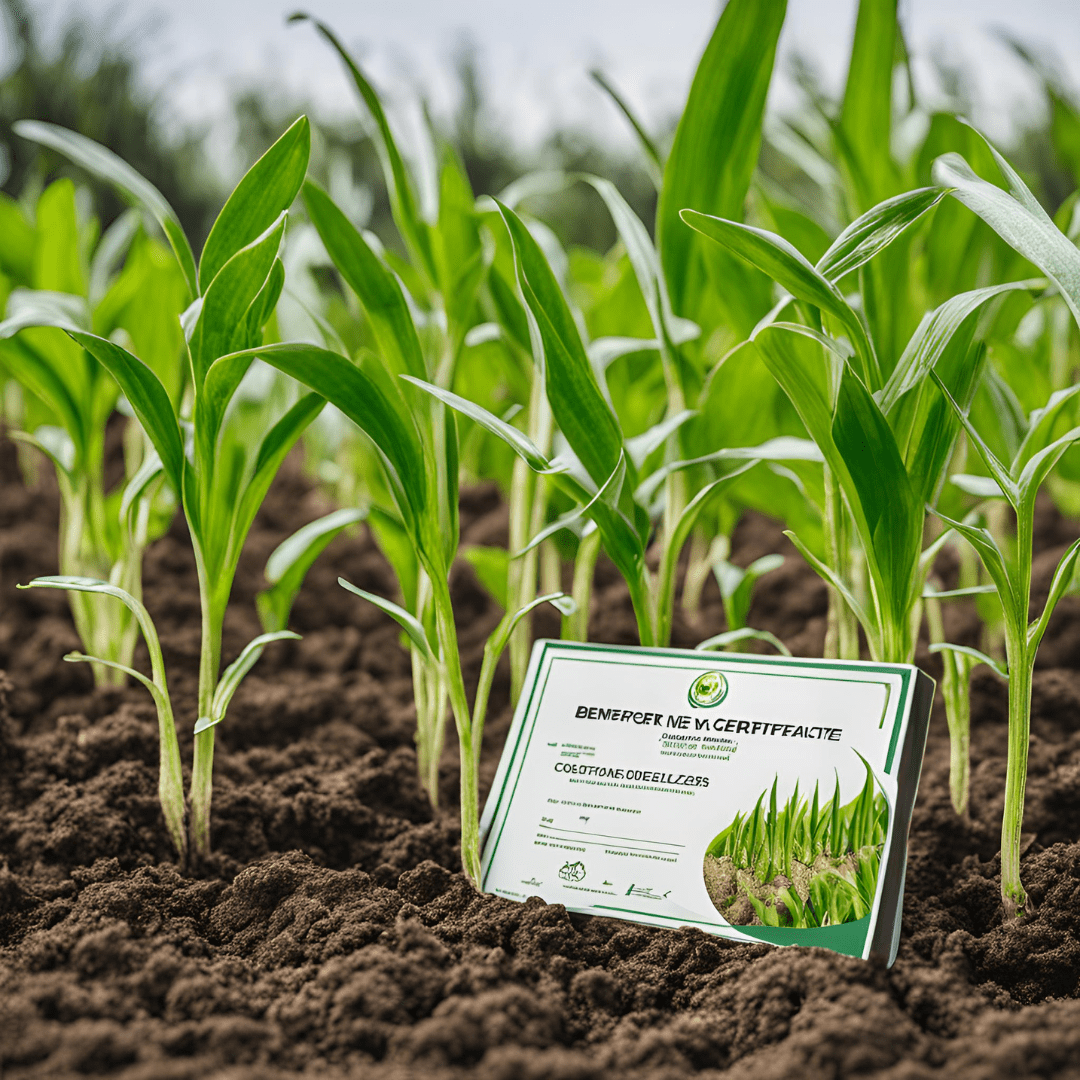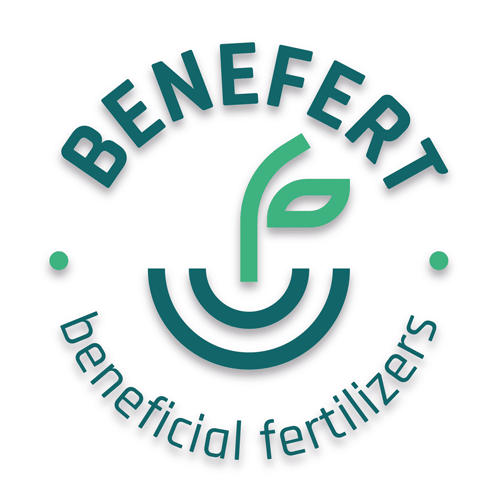
From waste to growth: how circular fertilizers are transforming agriculture
European agriculture is changing rapidly. Stricter regulations, circular economy initiatives, and rising demand for organic solutions are driving farmers and agribusinesses to adopt new approaches. Organic fertilizers are at the forefront, supporting soil health, reducing environmental impact, and offering economic benefits.
Circular fertilizers gain ground in Europe
Europe is increasingly focusing on circular agriculture. Reducing nutrient losses and closing nutrient cycles are key objectives. Organic and recycled fertilizers are becoming essential tools for farmers. They supply vital nutrients, improve soil structure, and help meet stricter environmental regulations.
Germany embraces sustainable fertilizers
In Germany, the demand for low-emission and organic nitrogen sources is also rising. New legislation encourages farmers to adopt alternatives to conventional synthetic fertilizers. By choosing sustainable solutions, farmers can optimize both yields and their environmental footprint.
From waste to valuable fertilizers
An important trend in circular agriculture is the reuse of organic residual streams. Waste from agriculture and food processing can be transformed into high-quality fertilizers, reducing environmental impact and closing nutrient cycles.
Products like BeneSOL Hairmeal and BeneLIQ 3-0-6 demonstrate how this approach works in practice: providing high-quality nitrogen from natural sources, supporting healthy soils and sustainable yields.
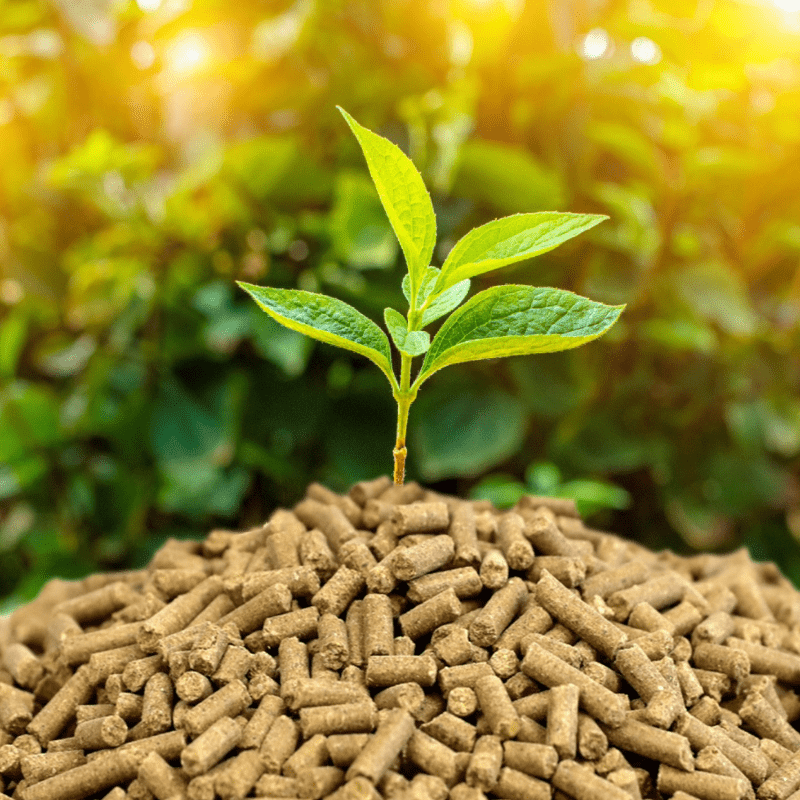
Conclusion
The move toward sustainable, circular, and low-emission fertilizers offers new opportunities for farmers and agribusinesses. Organic solutions support healthy soils, increase efficiency, and prepare agriculture for the future. Discover how your farm or business can thrive with circular and sustainable fertilizers.
Feel free to contact us for advice or more information about our organic solutions.
